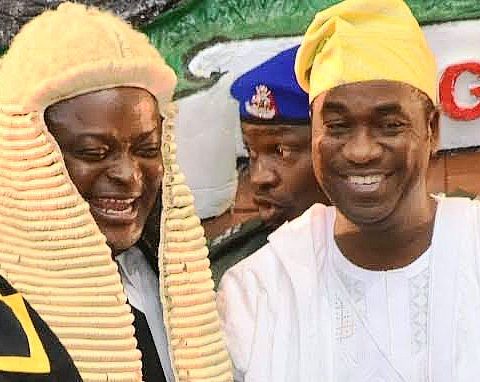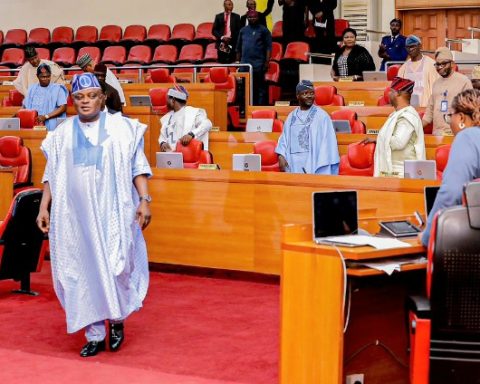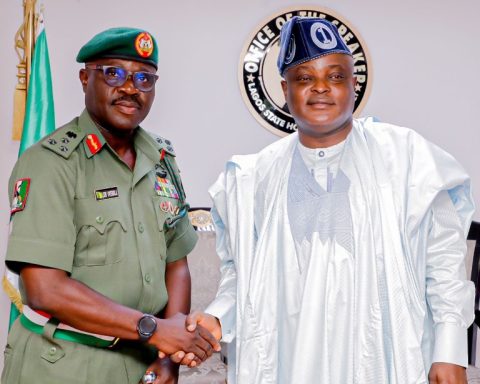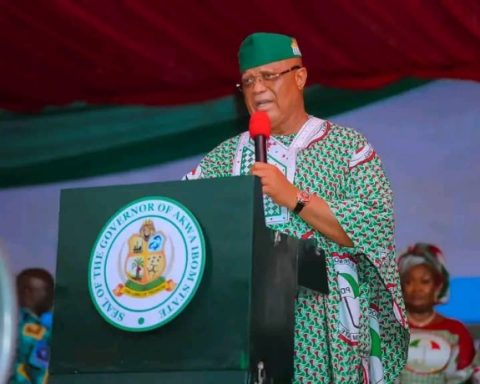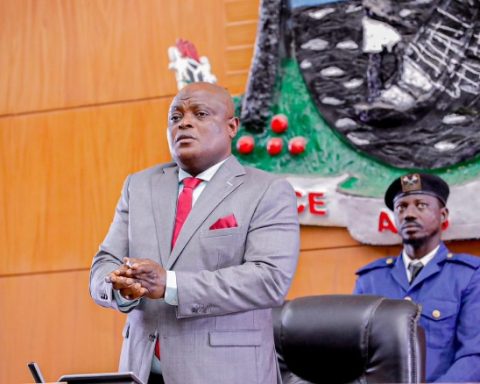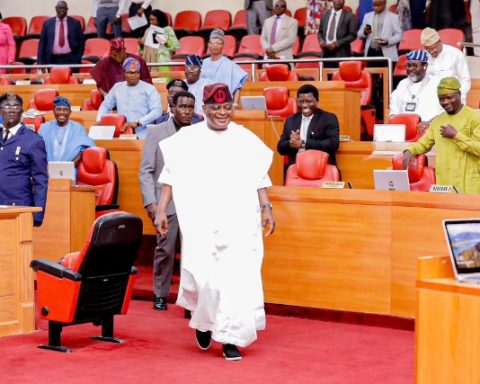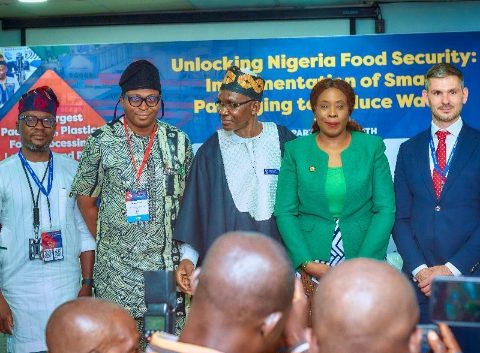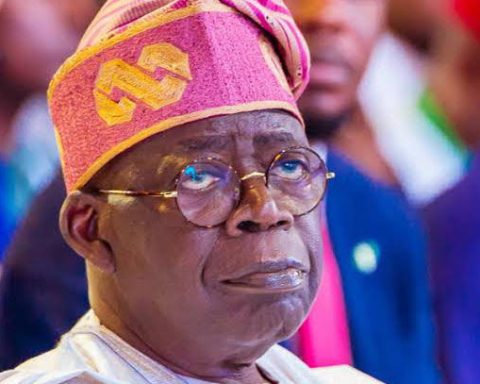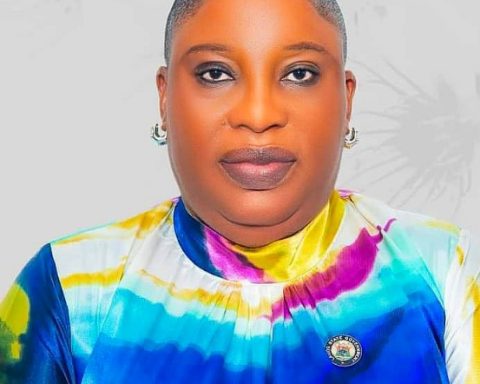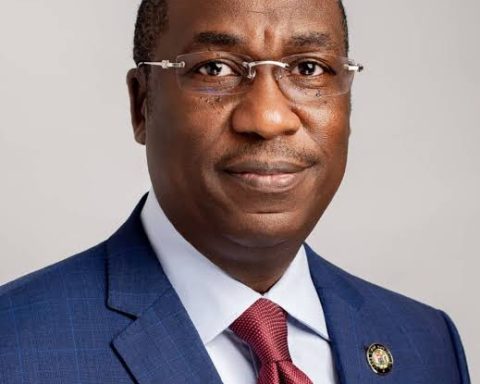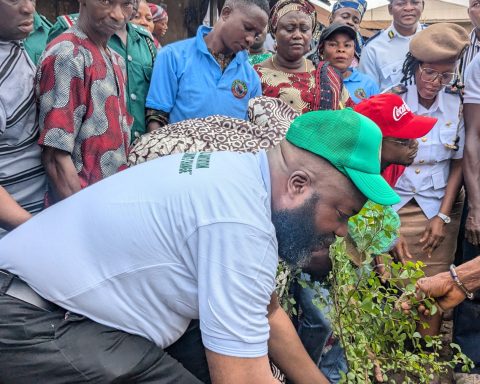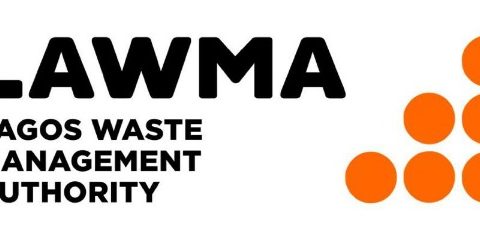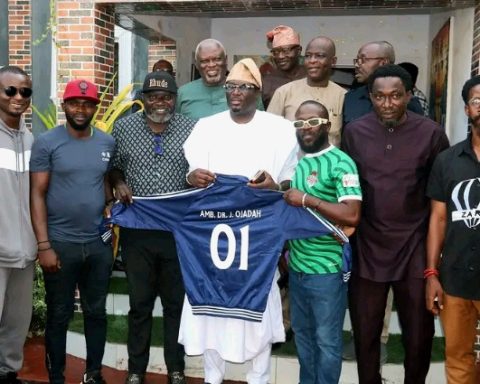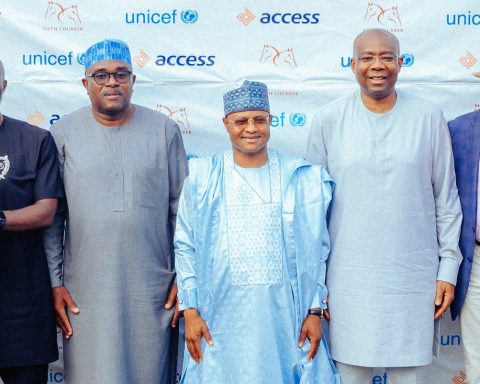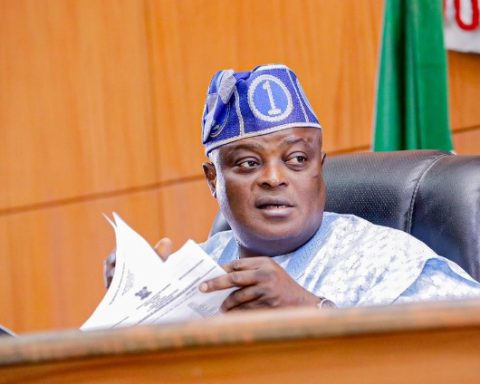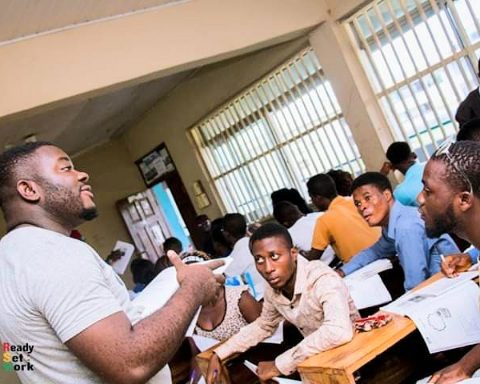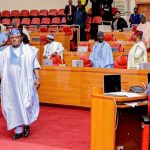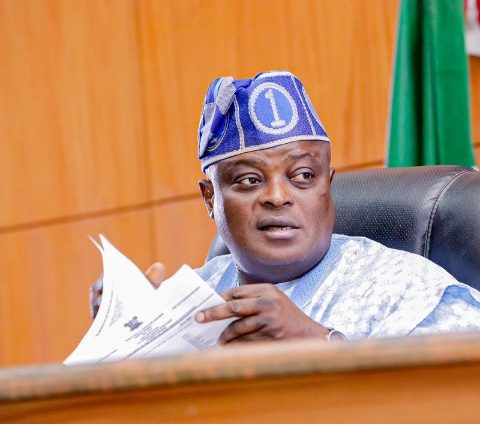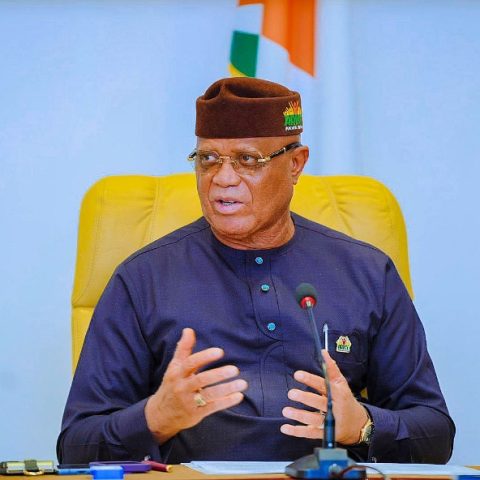– Socio-economic pundits point way-forward
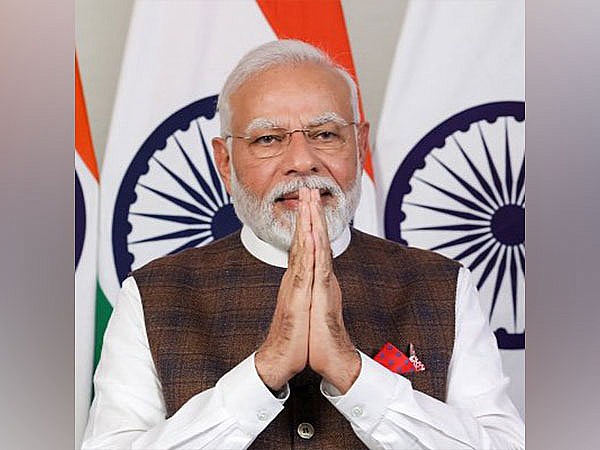
At a recent meeting which featured top discussion on the “Indian Economy and Viksit Bharat” top Socio-economic pundits spoke at length, drawing up the basic agenda, for a way-forward for India.
The meeting commenced with Prof. Punam providing an introduction to the topic of discussion, which centered around the “Indian Economy and Viksit Bharat”. She began by familiarizing the attendees with the concept of Viksit Bharat and briefly outlining its significance. The speakers designated for the meeting were also introduced, comprising Mr. Sanjay Kumar Srivastava, Professor Anil Kumar, Mr. Pravin Kumar, and the research scholar, Aparna Verma, alongside Ms. Punam Kumari herself. The primary agenda of the meeting revolved around deliberating on Viksit Bharat 2047 and its implications for the Indian Economy. This indicated a comprehensive exploration of long-term developmental strategies and economic prospects for India, projecting forward to the year 2047.
During the meeting, the first speaker, Shri Sanjay Kumar Srivastava, who is noted for being an NRI, Social Entrepreneur, and the CEO of AI Ticks Nigeria, commenced his address by highlighting Bharat’s remarkable progress in the global economic landscape. He emphasized Bharat’s ascent to the status of the world’s fourth-largest economy and projected its trajectory towards becoming the third-largest economy by 2027. Shri Srivastava underscored key factors contributing to this growth, notably the significant improvements in Bharat’s ease of doing business ranking and the proactive measures taken to attract foreign investment.
Drawing parallels with Nigeria, despite facing challenges in various indicators, Shri Srivastava highlighted Nigeria’s burgeoning economy driven by its sizable population, particularly its youthful demographic. However, he juxtaposed this with Bharat’s superior positioning, emphasizing the nation’s conducive business environment and enhanced global reputation. This comparison served to underscore Bharat’s strengths and advantages in the international economic arena, positioning it as a favorable destination for investment and fostering optimism regarding its future economic growth.

Dr. Anil Kumar, Professor at Sri Ram College of Commerce, Delhi University, was the second speaker. He shed light on the economic landscape preceding 2014, characterizing it as a period of policy paralysis and potential fragility for Bharat’s economy. However, Dr. Kumar credited Prime Minister Narendra Modi’s administration for implementing robust measures that revitalized the economy. He specifically highlighted key initiatives such as the Jan Dhan Account-based Direct Benefit Transfer system, the Swachh Bharat Mission, and the Make in India campaign.
Dr. Kumar emphasized the distinctive feature of the Modi government: its commitment to translating policies into tangible outcomes. He argued that this commitment, coupled with effective policy implementation, has positioned Bharat on the path to becoming the world’s third-largest economy. He underscored the government’s focus on transforming Bharat into a global manufacturing and supply chain hub, supported by the establishment of world-class infrastructure, including highways and roads.
Furthermore, Dr. Kumar emphasized the importance of these initiatives in generating employment opportunities, particularly in the unskilled and unorganized sectors, thus triggering a multiplier effect on the economy. By prioritizing infrastructure development and fostering a conducive environment for manufacturing and trade, Bharat aims to bolster its economic prowess and ascend to a leading position in the global economic landscape.
The third speaker, Pravin Kumar, the Professional Group CEO of an FMCG company in Nigeria, provided insights into Bharat’s path towards attaining developed nation status based on purchasing power. He highlighted that Bharat currently boasts a purchasing power of USD 9000 per month, while the United States stands at USD 25000 per month. Kumar posited that once Bharat achieves parity with the United States in terms of purchasing power, it will transition into a developed nation.
Moreover, he applauded Bharat’s efforts in simplifying visa and passport procedures, making it easier for Non-Resident Indians (NRIs) to address their concerns at embassies. He emphasized the significance of this streamlined process in fostering a conducive environment for NRIs and enhancing their engagement with Bharat’s affairs. He also discussed Bharat’s strides in improving its export scenario, particularly by enhancing the export clearance system. This focus on facilitating trade and expediting export processes contributes to bolstering Bharat’s global competitiveness and expanding its presence in international markets.
Overall, his remarks underscored Bharat’s trajectory towards becoming a developed nation, emphasizing the importance of enhancing purchasing power, streamlining administrative processes for NRIs, and fortifying export capabilities to achieve this goal.


